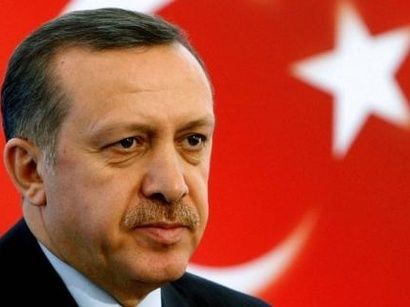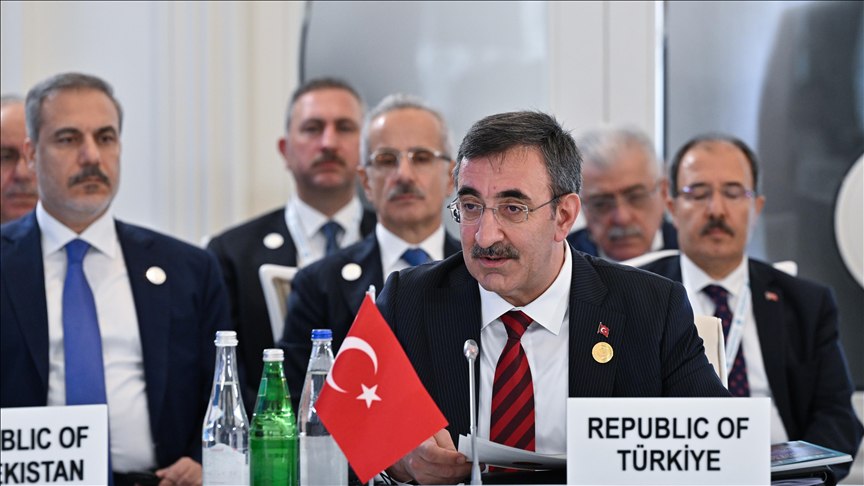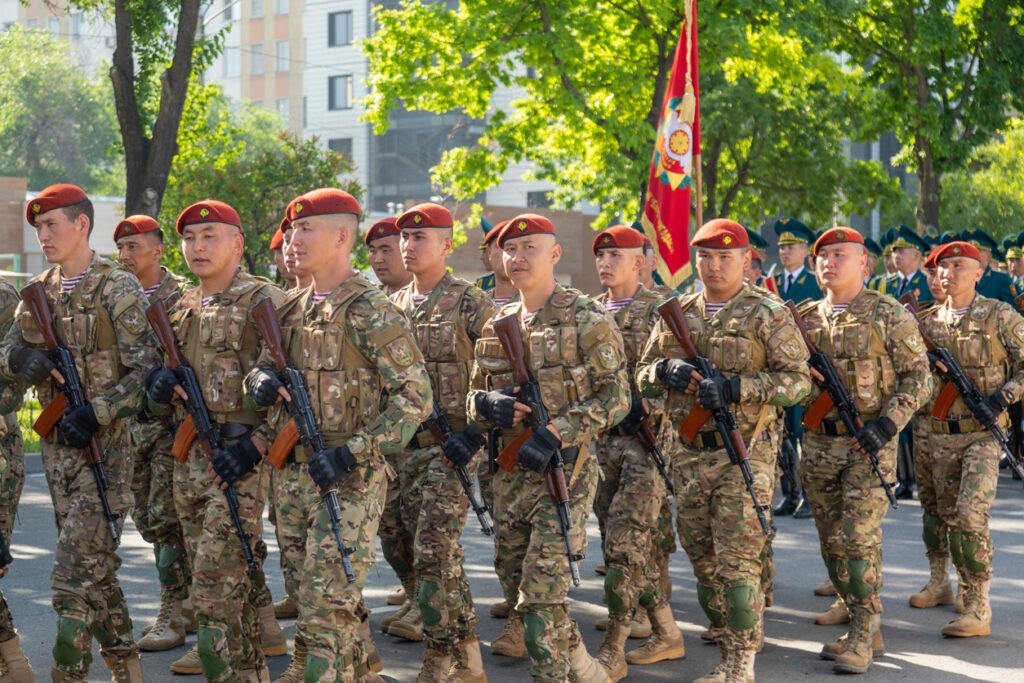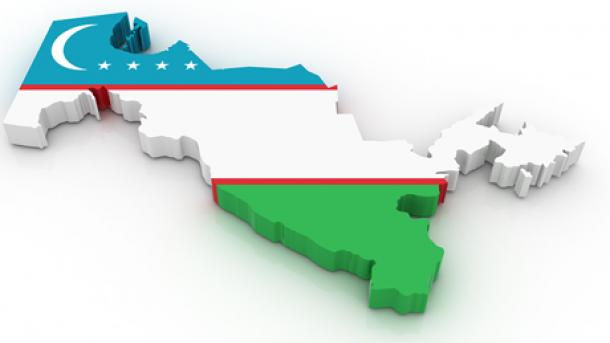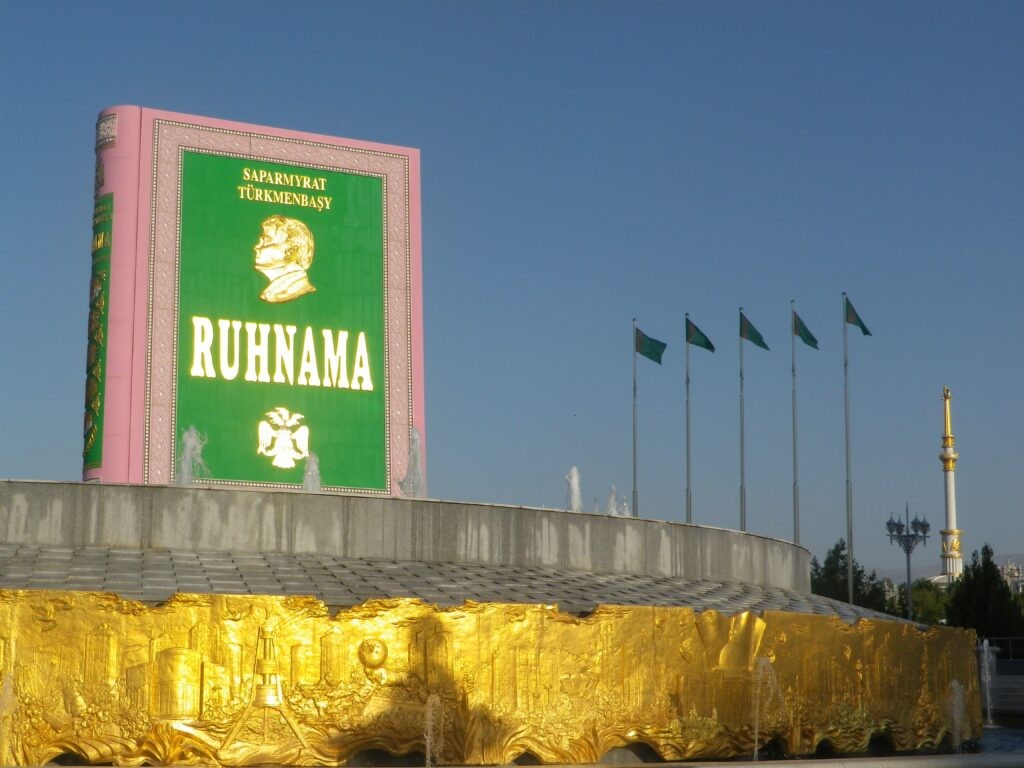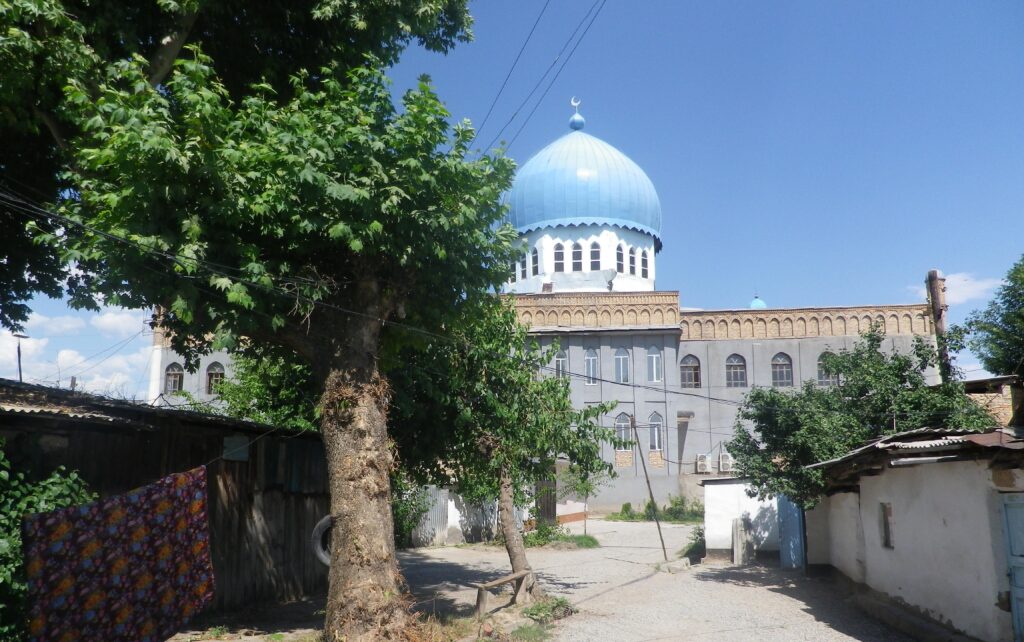BISHKEK (TCA) — As implications of the attempted coup in Turkey remain on the agenda of the world media, we are publishing this article by Christopher Trinh* analysing similar precedents in Turkish politics in the 20th century and the lessons President Erdogan has learned from his predecessors:
Coups are business as usual in Turkey’s murky politics, having toppled elected governments in 1960, 1971, 1980 and 1997. Turks generally hold the military in high esteem as incorruptible defenders of the republic. The sheer power and respect the military commands, when combined with Turkey’s history of political instability, means a coup is seldom off the radar in the repertoire of worries in Turkey even when increasing democratisation in accordance with the EU accession demands has seen the military retreat from its interventionist stance.
Hashtags containing the phrases “darbedeğil, tiyatro” began to circulate on Turkish social media accounts immediately after the coup: “It’s no coup, it’s theatre”. Turkey is no stranger to conspiracy theories, whatever the political religious divide. The darbedeğil, tiyatro theorists imp ly the coup was orchestrated by Erdoğan (http://www.worldbulletin.net/historical-events/118185/the-execution-that-still-overshadows-politics) himself to settle scores with his political foes and bury his main rival Fettullah Gülen.
One needs only look at successful coups in Turkey’s past. Despite economic decline and increasing terror attacks from Daesh and the PKK, Turkey today under Erdoğan does not resemble the near civil war conditions which preceded the coups of 1971 and 1980. This current attempt bears all the hallmarks of the 1960 coup which toppled Turkey’s first democratically elected Prime Minister Adnan Menderes. A small junta of military officers in 1960 accused the government of violating the constitution. They too acted outside of the chain of command. Despite that, it was a clearly well planned coup with a goal and leadership. Coups require meticulous planning. The coup ousting Menderes, though carried out by a small group of officers, was largely supported by the military and the opposition party. But one difference stands out most; the democratically elected Menderes ended up swinging from a rope, not the plotters.
The legacy of Menderes’ ouster still stalks Turkey (http://www.al-monitor.com/pulse/originals/2016/07/turkey-military-coup-attempt-more-questions-than-answers.html#ixzz4EicfGf1f; http://www.businessinsider.com.au/why-turkey-coup-failed-2016-7?r=US&IR=T). It set the precedent for military intervention into democracy. Erdoğan sees himself as Menderes’ successor (http://www.reuters.com/article/us-turkey-erdogan-vision-idUSKBN0GS1ZP20140828) and this was confirmed by the botched coup attempt. Erdoğan prevailed over this coup and plenty of column space has been dedicated to how he will use this opportunity to achieve his goal of an executive presidency (http://www.independent.co.uk/news/world/turkey-coup-conspiracy-theory-erdogan-military-gift-from-god-soldiers-istanbul-a7140516.html). A purge will allow him greater power to mould the country to his own vision.
But we have seen this before. Modern Turkey is the product of the secular western reforms of Mustafa Kemal Atatürk. Erdoğan is hostile to that legacy (http://nationalinterest.org/article/erdogan-the-anti-ataturk-8958). What is not often discussed is how Atatürk was able to mould Turkey in such a way. Erdoğan’s presidency is not like Adnan Menderes’, he is like Atatürk.
Hakan Ozoğlu writes of two similarly ironic outcomes of plots in the 1920s aimed at toppling the Atatürk regime; the Sheik Sayyid rebellion and the plot to assassinate Atatürk in Izmir (Ozoğlu. H (2011). From Caliphate to Secular State: Power Struggle in the Early Turkish Republic. Santa Barbara: Praeger). In 1925, a Kurdish Islamist cleric by the name of Sheik Sayyid led an armed rebellion against Atatürk’s secular regime. The Turkish republican army crushed the rebels in two months. Sayyid and forty-seven of his followers were swiftly tried and executed. The assassination plot was quickly foiled and many of the plotters, who were potential political rivals to Atatürk, were sentenced to death or banishment. Ozoğlu argues that these incidents enabled the Atatürk regime to eliminate its opposition and push through its reforms. There were suspicions the incidents were staged or allowed to continue longer than they should in order to better suit the government’s goals. Ozoğlu concludes that the Atatürk regime did not stage these incidents, but was able to use them to consolidate power. With the main threats to his regime eliminated, Atatürk would go on to establish the secular Turkey as we know it today.
Like Atatürk, Erdoğan did not stage the plot against him, but he has used it to his advantage. The failed coup clarified who his enemies are and what is to be done with them (http://www.aljazeera.com/news/2016/07/president-erdogan-ready-reinstate-death-penalty-160719015923935.html). Though there was no great support for the coup, there were cabals of secularists and Gülenist Islamists within the military to enable a coup attempt. Just like Ataturk before him, Erdoğan has used this opening to conduct a wholesale cleanout of Turkish institutions and the military.
Apart from the botched planning and execution of the coup (http://edition.cnn.com/2016/07/17/europe/turkey-anatomy-failed-coup/ ), everything that has happened and everything Erdoğan is undertaking in response today has a precedent in Turkish politics. In the 1920s Atatürk’s purging of enemies from Turkish institutions allowed him to establish the modern secular Turkey we know today. A form of governance which once hailed as a model for other Islamic majority countries to follow. Erdoğan has a vastly different vision for Turkey, but he too has now taken one giant leap towards it. He did learn from the very best, after all.
* Christopher Scott Trinh is a Doctoral Candidate at LaTrobe University School of Humanities and Social Sciences, Melbourne, Australia
